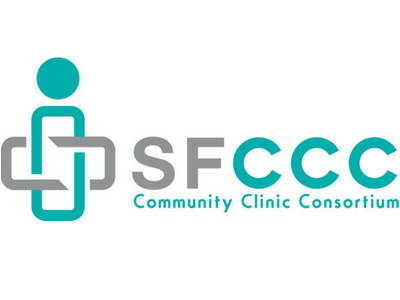NHC SF Member Blog: A Crisis Deeply Embedded Within Our Society
Hello! My name is Sneha Suresh (she/her) and I serve as an Opioid/Substance Use Disorder Access Coordinator at HealthRIGHT 360 in San Francisco, CA. Immigrating from India during my childhood, the Bay Area became my home in the United States. I have returned to the Bay to expand upon my experiences and learn from the communities I grew up with.
Moving from one urban jungle to another, it was hard for me to ignore the effects of substance use that perpetuated within every community I interacted with. Whether it was a supervisor that had lost her son to Fentanyl use or a classmate that became addicted to the pain-relieving effects of Vicodin, the opioid crisis was deeply embedded into our society.
Serving at HealthRIGHT 360, I have come to learn that the opioid crisis affects MILLIONS of individuals in the United States. Often first sought as a way to cope with suffering and trauma, opioids can quickly become addictive as they create a rush of endorphins and allow for temporary relief. With continued use, this surge of endorphins can cause a tolerance towards the drug (requiring a higher dosage for the same high), drug dependence, or even stop the body’s creation of endorphins. Thus, the biological changes that accompany substance use make it extremely difficult to quit for those who suffer from opioid addiction. At HealthRIGHT 360, each patient walking into our clinic and taking their first steps towards recovery helps diminish the impact opioids have had on our community.
Our patients amaze me every day with their resiliency and determination to work towards a better tomorrow. Many of our patients lack the resources and tools to have a good quality of life. Healthcare access itself is often complicated and hard to navigate. It is only further complicated when there is also a lack of access to economic stability, a stable and safe environment, education, food, and a support system. These additional factors then become the social determinants that cause poor health outcomes.
As an Access Coordinator, one of my roles is to connect our patients with the Medication Assisted Treatment (MAT) team, primary care, dental, and resource center while they are going through our residential detox program. In addition, I also serve to bridge the gap between the MAT team and the residential detox program to allow for safe and seamless communication about a patient’s health. With these resources and services, patients can fully integrate their care in one place and decrease the chances of poor health outcomes.
By listening to each patient and hearing their story, I am able to connect them to the care they rightfully deserve. I have come to understand that each patient that walks into the clinic is bravely taking that first step to improve their own health as well as their community’s. As I reach the halfway point of my term, I hope to continue listening to each patient and tackle the health disparities that our patients face.
About the Author:
Sneha Suresh is one of the 2021-2022 NHC SF San Francisco Americorps members. She currently serves at HealthRIGHT 360.



